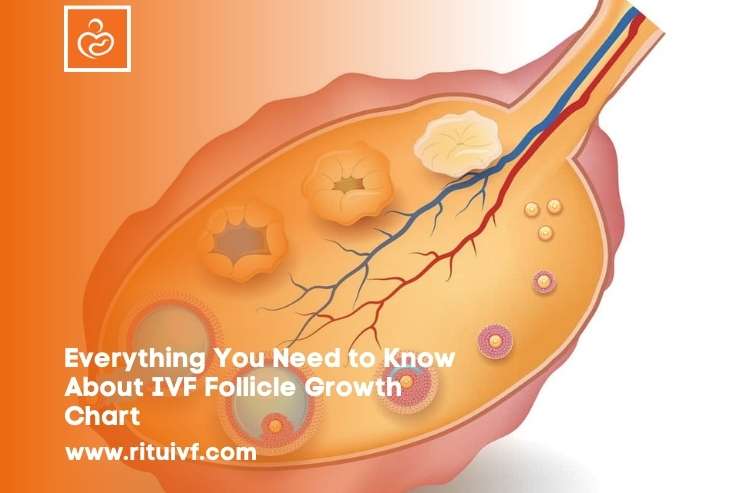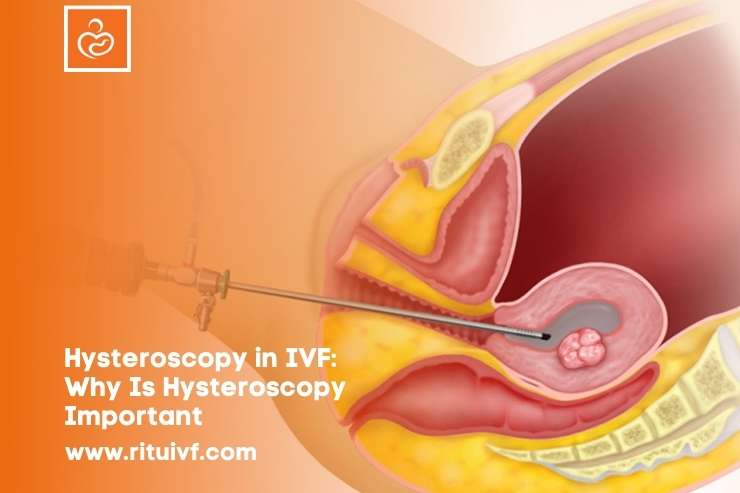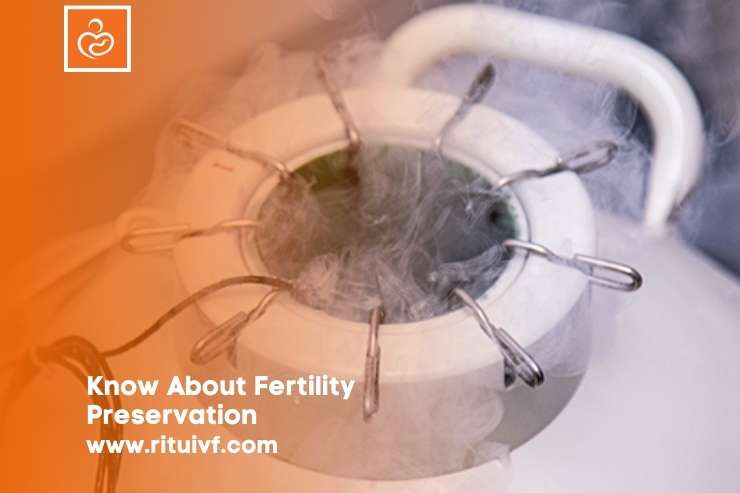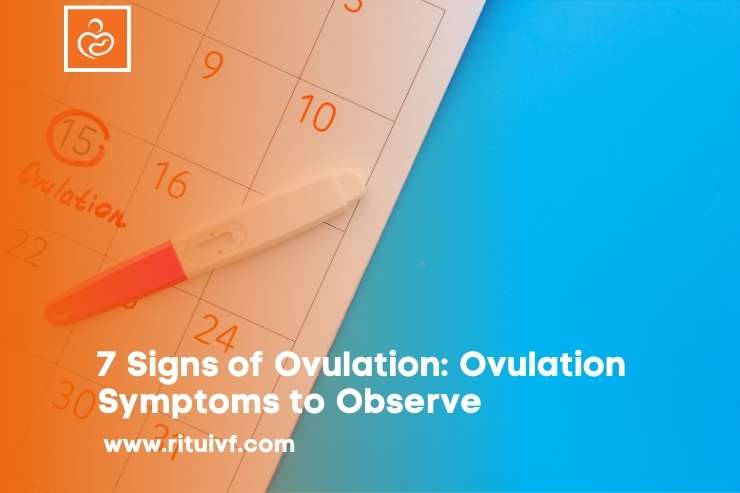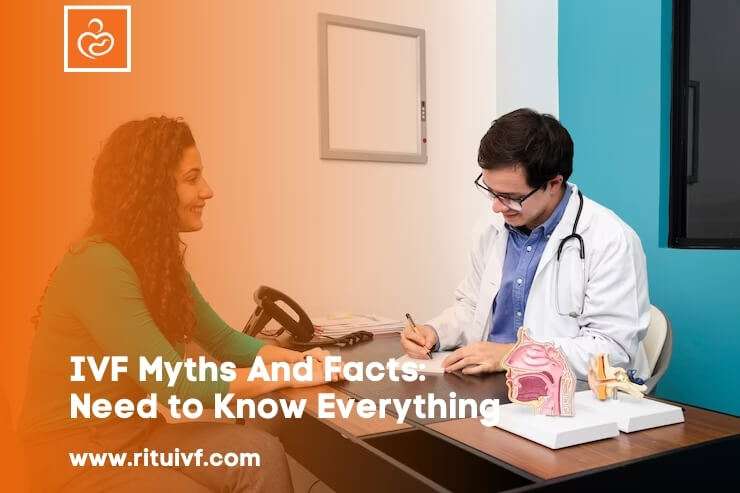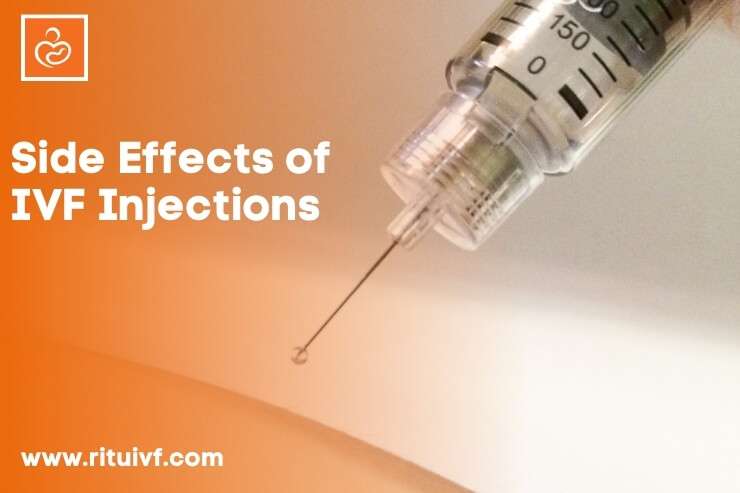Assisted reproductive technology is a vast field and in vitro fertilization is one of the most reliable ways for infertile couples to conceive. But for it to be successful, several factors need to be considered. For instance, the follicle size plays a key role in delivering successful outcomes and hence, monitoring it is crucial if you want the fertility treatment to be effective. So, what does an IVF follicle growth chart look like? Scroll down to learn all about follicle development and size monitoring throughout your IVF journey.
What Are Follicles?
Fluid-filled sacs and small in size, follicles are present within a woman’s ovaries. There is an immature egg/ oocyte in each follicle. During a normal menstrual cycle, multiple follicles grow but any one follicle matures and ends up releasing an egg when you ovulate. In IVF, the ovaries are stimulated with fertility medicines in such a manner that multiple follicles are produced at the same time, and each has a viable egg. Keep reading if you are curious to find out more about the process.
The Process of IVF: An Overview
When a couple opts for IVF treatment, an IVF cycle has several stages. The treatment commences the moment the fertility specialist comes up with a treatment plan after assessing the woman’s hormone levels and reproductive health. Then the doctor prescribes medicines (known as gonadotropins) as they are necessary for stimulating the ovaries and producing multiple follicles.
The process of IVF typically has the following stages:
1. Ovarian Stimulation: With the help of fertility medications, the maturation of several follicles takes place within the ovaries.
2. Follicle Monitoring: After the ovarian stimulation, follicle growth will be monitored closely. Doctors must monitor the follicle size through blood tests and transvaginal ultrasounds.
3. Triggering Ovulation: When the follicles are of the desired size, your fertility specialist will administer a trigger shot of human chorionic gonadotropin (HCG) to cause the final maturation of the follicles containing the eggs.
4. Egg Retrieval: After giving a trigger shot, 36 hours is the waiting time. Then, it is time to retrieve the eggs from the mature follicles and it is a minimally invasive procedure termed transvaginal aspiration.
5. Fertilization: Then the eggs are fertilized by bringing them in contact with the sperm in a lab and this is how embryos are created.
6. Embryo Transfer: The healthiest embryos are chosen and carefully placed into the uterus. If they succeed at attaching themselves to the uterine wall, it is called implantation, and the pregnancy test results will show positive.
Why Must You Have an IVF Follicle Growth Chart?
A critical aspect of in vitro fertilization is follicle monitoring, and it serves various purposes:
- Egg retrieval timing: Healthcare providers monitor follicle growth so that they can determine the most suitable time to proceed with egg retrieval. That’s because unless the eggs are fully mature, they won’t be ready for fertilization.
- Alterations in medication: Through monitoring follicles, doctors figure out if the prescribed medications are doing their work or if the timing and dosage of the fertility medications need to be altered. This type of personalized approach is crucial as every woman’s body is different and it responds differently to reproductive medications.
- Avoiding OHSS: OHSS stands for ovarian hyperstimulation syndrome which is a serious condition affecting the ovaries. It is a side effect of overstimulating the ovaries and they become painful and swollen. Monitoring follicles closely can help doctors prevent issues like OHSS and minimize the risk of other complications.
- Improving the success rate of IVF: The more precise the follicle growth monitoring, the higher the success rate of IVF. It enables fertility specialists to tailor the response of each individual to IVF medications.
- Mental peace: As a couple eager to become parents, follicle monitoring offers valuable insights to them regarding the progress of the IVF cycle. They get the reassurance they seek to be confident that there is progress in the right direction. The knowledge enlightens them and makes them feel involved in the fertility journey.
IVF Follicle Growth Chart Day by Day
Now that you understand why follicle size monitoring is necessary, let us delve deep into the intricacies of this specific aspect of your IVF treatment:
- Day 1: 10-12 mm follicle size
- Day 2: 12-14 mm follicle size
- Day 3: 14-16 mm follicle size
- Day 4: 16-18 mm follicle size
- Day 5: 18-20 mm follicle size
- Day 6: 20-22 mm follicle size
- Day 7: 22-24 mm follicle size
- Day 8: 24-26 mm follicle size
[Note: This is a general guideline, and the actual follicle growth chart IVF differs from one individual to another. It is significant to trace the follicle growth via ultrasound scans to realize when ovulation is happening.]
Follicle Size & Follicle Development: The Steps Explained
Take a closer look at what to expect during each stage throughout the IVF cycle:
- On the first day, the overall health of the ovaries is tested, and the ovarian stimulation starts. Without doing initial assessments, the doctor should not begin the treatment.
- The second and third days involve giving IVF injections to the patient. The two commonly used medicines are Follicle-Stimulating Hormone and Luteinizing Hormone. These medicines trigger the growth of several follicles.
- Between days 5 and 7, monitoring should be done more frequently. So, these days, doctors rely on blood tests and transvaginal ultrasounds to measure the size of follicles and their progress.
- By the 8th-10th day of your IVF, some of the growing follicles become dominant and leave the others behind. Your doctor will fine-tune the dosages of medications based on hormone levels and the size of the dominant follicle. The goal is to ascertain that the ovarian follicles have reached the optimal size.
- Around the 11th/ 12th/ 13th day of a woman’s IVF cycle, human chorionic gonadotropin is injected to lead the maximum number of eggs to their final maturation. To complete egg retrieval, the trigger shot’s timing is critical.
- The eggs can be retrieved 36 hours after administering the trigger shot of HCG.
So, now you realize that time management is of utmost significance for the success of the IVF treatment. Precise timing will ensure that all steps of the treatment align seamlessly and hence, monitoring follicular growth is indispensable. Couples that do not skip their doctor’s appointments and monitor that many follicles reach the ideal size have an increased chance of timely egg retrieval and embryo transfer.
The Bottom Line
We may conclude by saying that fertility treatments like IVF involve various complexities and to demystify them, you should know the basics of follicle development taking place within your ovaries. Understanding follicle size and the role it performs in the IVF treatment will empower you to pursue IVF and make informed decisions. So, maintaining a follicle size growth chart IVF is not just a procedural formality but a pivotal aspect of your fertility treatment.
